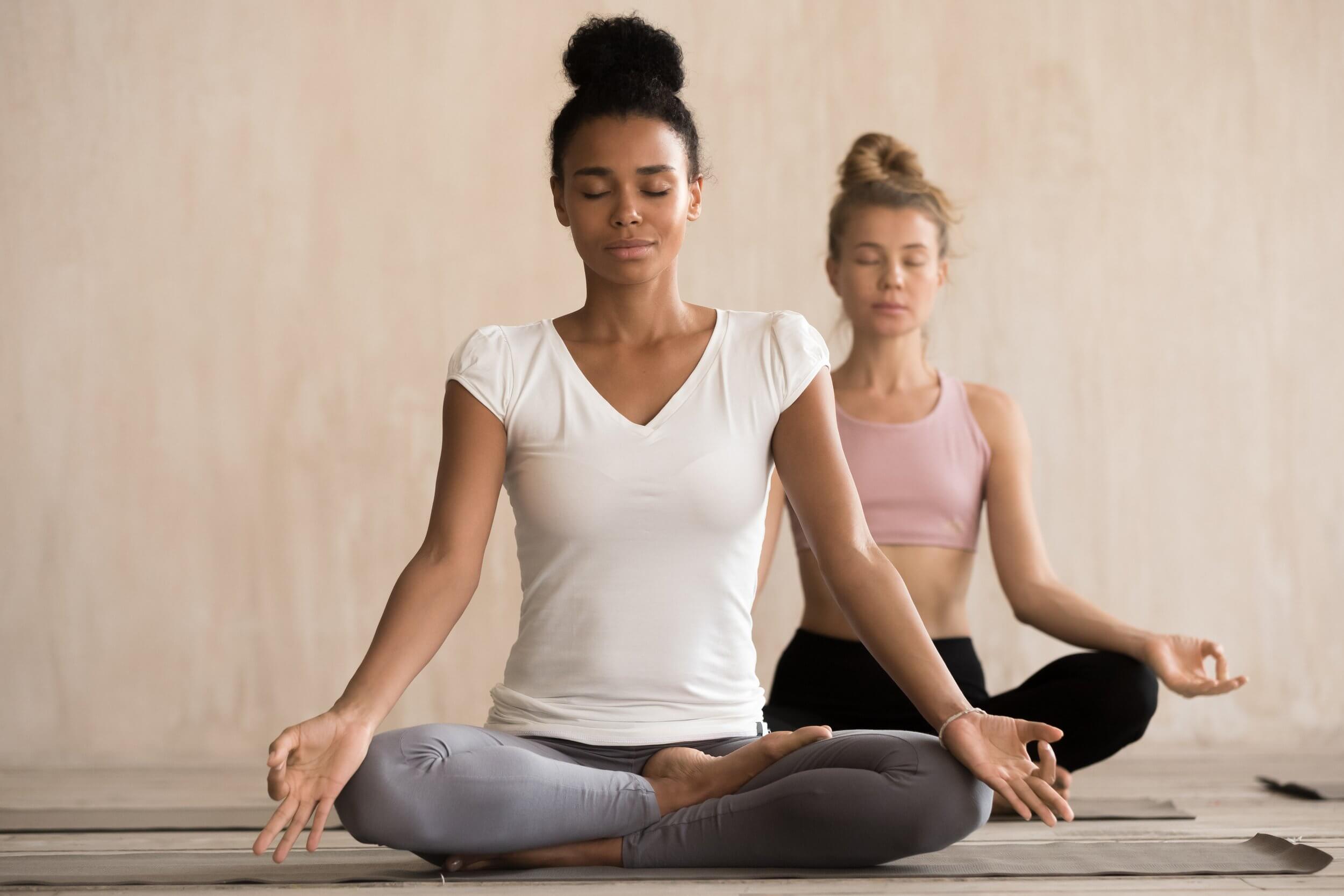Your cart is currently empty!

Yoga for Non-Yogis
Yoga is a practice that has been around for thousands of years, originating in India as a means of spiritual and physical well-being. Although many people associate yoga with bending, stretching, and contorting oneself into various poses, there is much more to this practice than meets the eye. In this article, we will explore how yoga can benefit non-yogis – those who may not have any prior experience or knowledge of the practice.
Benefits of Yoga for Non-Yogis
For those who may not have any prior experience with yoga, it can be difficult to understand how the practice can benefit them. Here are some of the numerous physical, mental, and emotional benefits of practicing yoga:
-
Stress Relief: Yoga has been shown to reduce levels of the stress hormone cortisol, which can help individuals feel calmer and more relaxed.
-
Improved Flexibility: Practicing yoga regularly can help improve flexibility and range of motion in the body, reducing the risk of injury.
-
Enhanced Mental Clarity: Yoga can help improve focus, concentration, and mental clarity, helping individuals to feel more alert and productive.
-
Reduced Anxiety and Depression: Yoga has been shown to reduce symptoms of anxiety and depression, providing individuals with a natural and non-invasive method for managing these conditions.
Yoga Practices for Non-Yogis
There are a variety of different types of yoga practices available, each with its own unique benefits and characteristics. Here are some of the most popular types of yoga practices:
-
Hatha: Hatha yoga is a slower-paced practice that focuses on holding poses for longer periods of time, allowing individuals to develop greater strength and flexibility.
-
Vinyasa: Vinyasa yoga is a more fast-paced practice that focuses on flowing movements between poses, helping individuals develop greater cardiovascular fitness.
-
Restorative: Restorative yoga is a gentle practice that uses props and support to help individuals relax and release tension in the body.
How to Start Practicing Yoga
Starting a yoga practice can be overwhelming, especially for those who may not be familiar with the practice. Here are some tips and advice on how to start practicing yoga:
-
Find the Right Studio or Teacher: Look for a studio or teacher that is welcoming and supportive, with classes that are appropriate for your level of experience.
-
Select the Right Equipment: Invest in a good quality yoga mat and any props or accessories that you may need, such as blocks or straps.
-
Develop a Consistent Practice: Start with a few minutes of yoga each day and gradually increase the amount of time as you become more comfortable with the practice.
Common Myths and Misconceptions About Yoga
There are many myths and misconceptions about yoga that can discourage people from trying the practice. Here are some of the most common myths about yoga:
-
Yoga is Only for Flexible People: Yoga is a practice that can be adapted to suit any level of experience or ability. Whether you are a beginner or an advanced practitioner, there is a yoga practice that is right for you.
-
Yoga is Only for Women: While yoga may have a reputation for being a female-dominated practice, there are many men who practice yoga and benefit from its numerous physical and mental benefits.
-
Yoga is a Religion: While yoga has its roots in Hindu philosophy, it is not a religion and can be practiced by individuals of any faith or belief system.
Conclusion
In conclusion, yoga is a practice that can benefit anyone, regardless of their experience or ability level. By understanding the basics of yoga, the numerous benefits it offers, and how to start practicing, non-yogis can take their first steps towards a healthier, more balanced life.
Yoga can provide numerous benefits to both the body and mind, from stress relief and improved flexibility to enhanced mental clarity and reduced anxiety and depression. With so many different styles of yoga available, there is a practice that is right for everyone, whether you prefer a slower-paced practice or a more dynamic flow.
If you’re new to yoga, it’s important to find a welcoming and supportive studio or teacher who can guide you through the practice and provide you with the support and guidance you need to develop a consistent practice.
In conclusion, yoga is a powerful tool for improving both physical and mental health, and with the right guidance and support, anyone can begin a yoga practice and reap its many benefits. For additional information or questions on how you can leverage yoga to maximize potential and lead a more balanced, happier and impactful life, please email me at coach@maximizeu.life

Leave a Reply